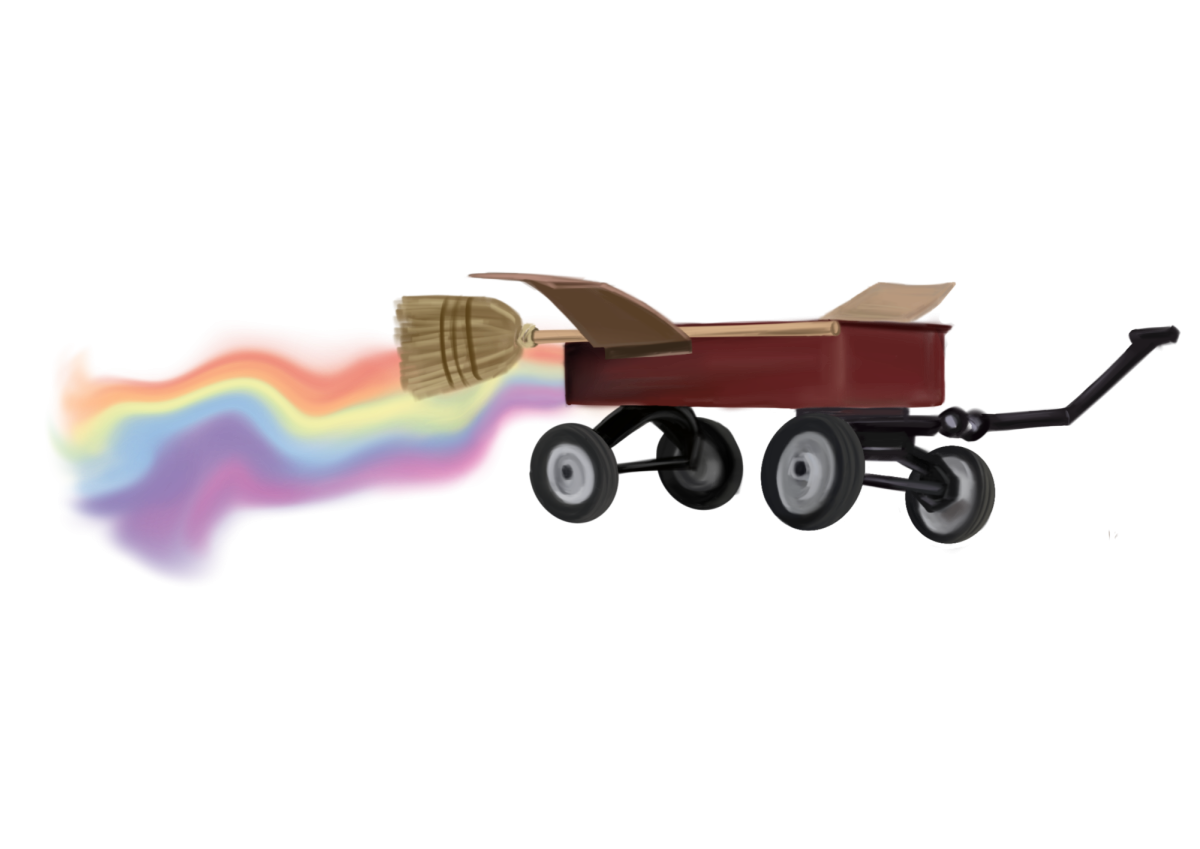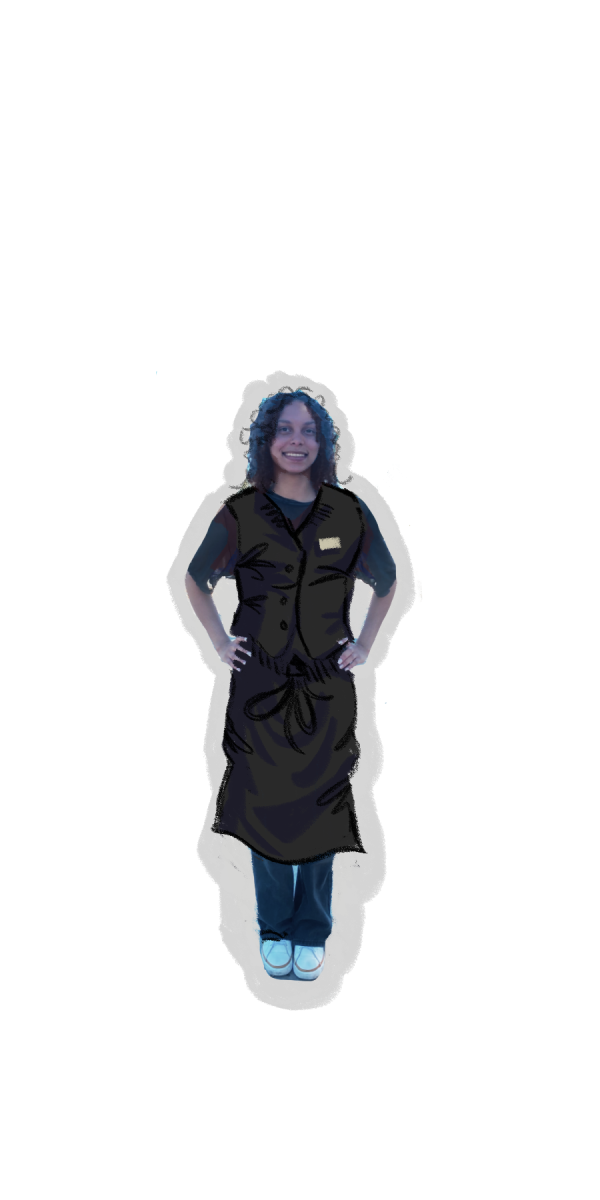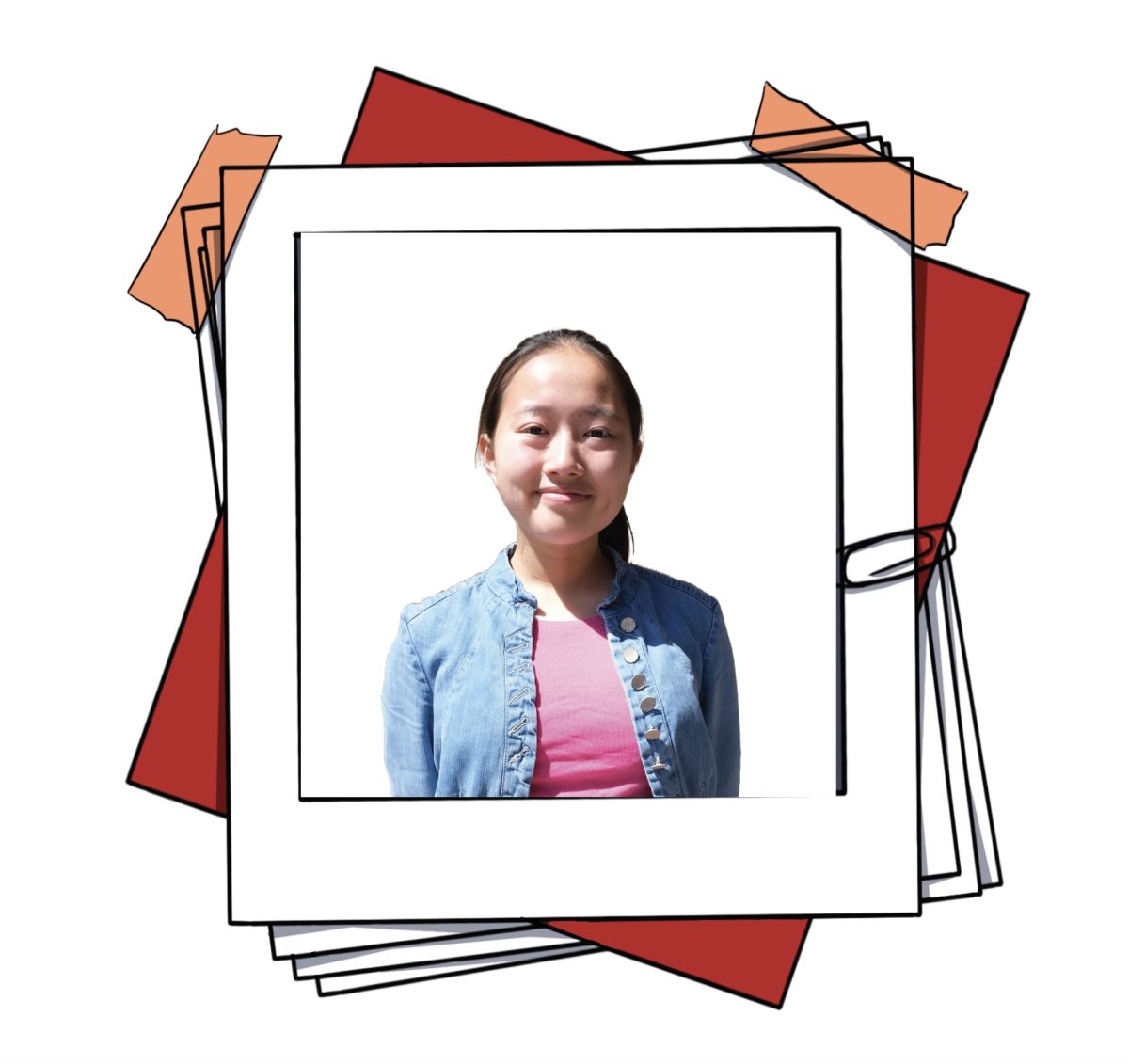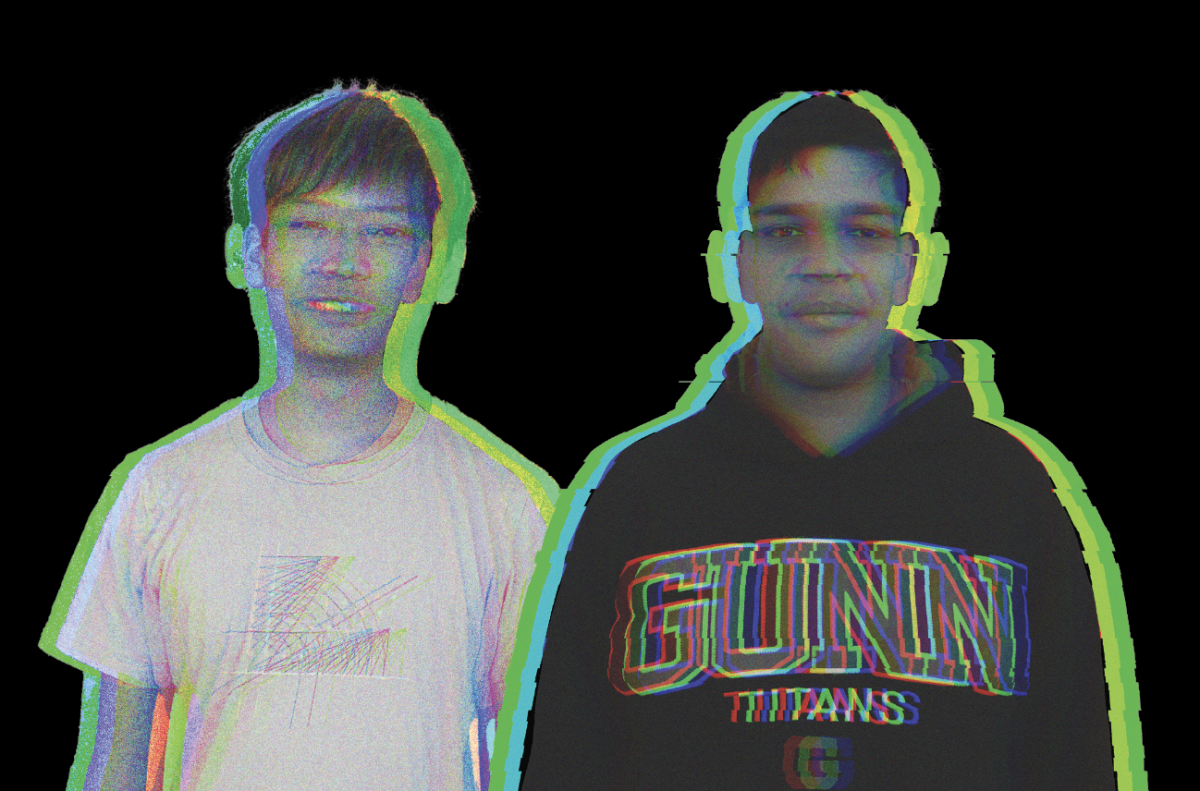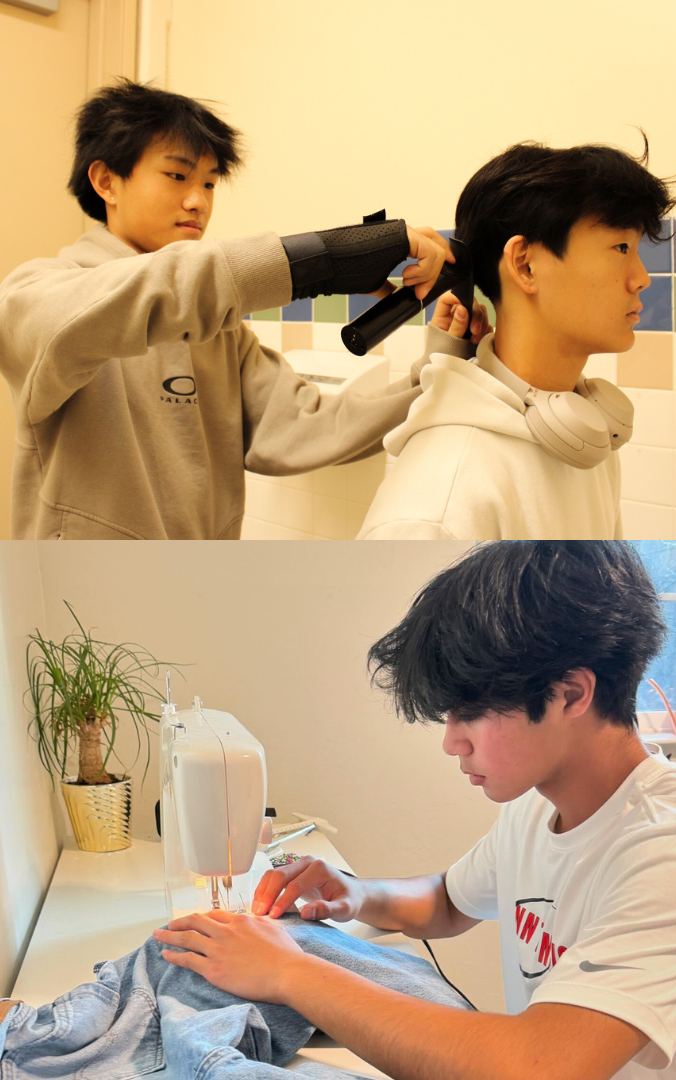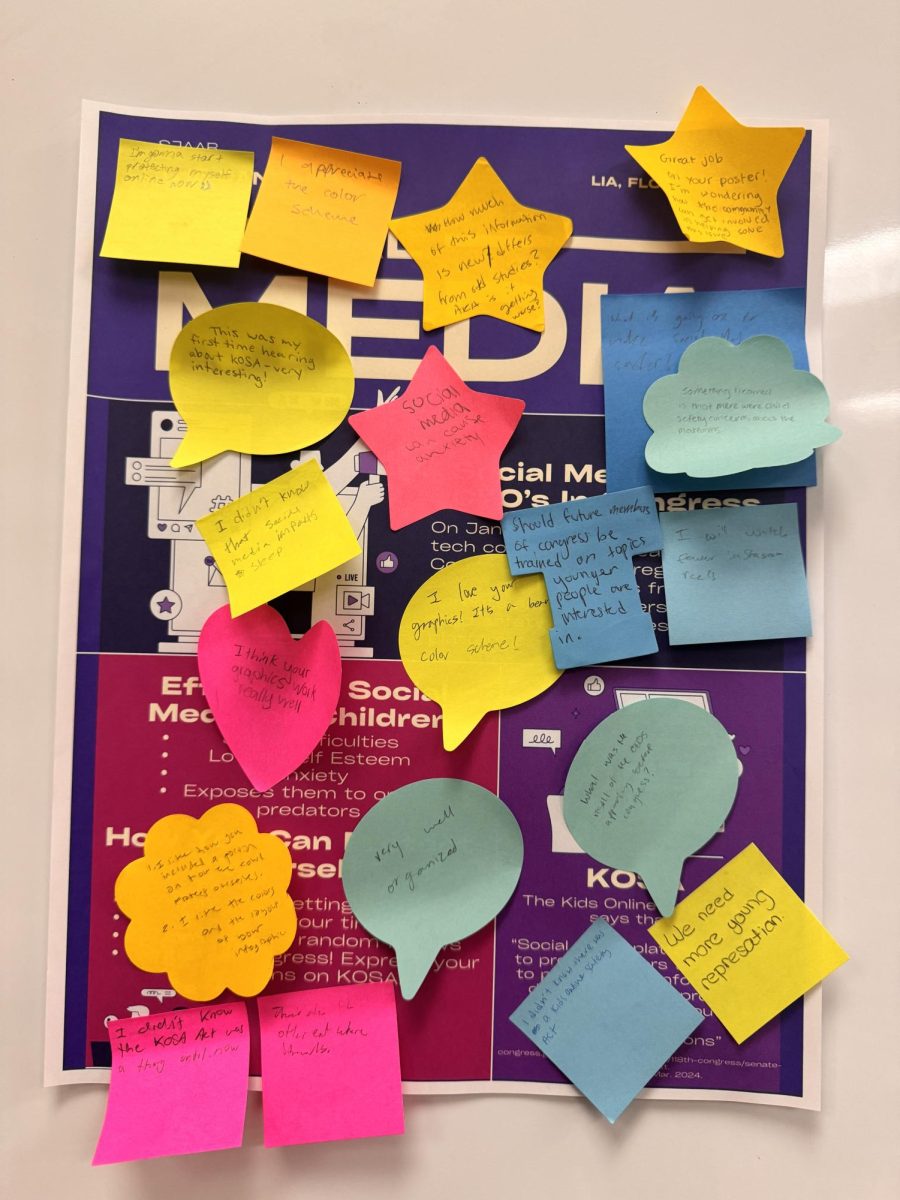Written by Elizabeth Chung and Grace Ding
In 1975, P.L. 94-142, the law that guaranteed a free appropriate public education to each child with a disability, was passed to ensure equal educational opportunities for students with special needs. This called for the official formation of special education departments at schools across the country.
Gunn’s special education department was founded with the goal of “[making] sure that all students, regardless of mild, moderate or severe disability have equal and equitable access to their education,” special education teacher Courtney Carlomagno said. According to Principal Dr. Denise Herrmann, the department currently serves around 120 students.
Each student has an Individualized Educational Plan (IEP) that details his or her specific needs. “That’s a plan we update every year,” Herrmann said. “It says what the goals of each student are, what kinds of support we are going to put in place and how we are going to know that we are actually helping the student to learn and improve.”
Each student also has one assigned case manager out of the 12 teachers in the special education department. “The case manager communicates with the teachers, the family, the school counselor and actually manages all of the support services,” Herrmann said. According to Carlomagno, state law says that each teacher can manage up to 28 cases, while at Gunn, each manager currently has around 10 to 14 students.
The district supports the program by providing the staff allocation based on specific needs and disabilities of students. “Most special education teachers have a pretty broad range of students that they can support,” Herrmann said. “Some [teachers] also have specialties and we try to make sure that we have a staff that can meet all of the needs of our students.” In addition, Herrmann and the administration make sure to equip the department teachers with necessary tools to be successful case managers.
According to Special Education Instructional Supervisor Teri Lee, to receive special education services, a student must go through evaluations that are agreed to by parents. “The IEP team determines what assessments are necessary to determine if the student is eligible for special education services and completes initial evaluation,” Lee said. “We look at if the student has a disability and if the disability impacts the student’s learning and in need for special education services.”
Herrmann also stresses that developing an IEP does not have to be the first step for a struggling student. “Students can self-refer or parents can say, ‘I’m really concerned for my child.’ A team will come together and we’ll try to use more intrusive interventions to support the child,” Herrmann said. “If we’ve exhausted those and need more services you can only access if you have an IEP, [that’s when] they’d be eligible for special ed.” Once a student fits this criteria, the case manager is assigned to the student. “The role of a case manager is to work closely with students, families and their teachers to help implement strategies, make sure they are getting all the services and accommodations outlined in their program, monitor the student’s progress on meeting their goals, and to re-evaluate, revisit and redo that program with the rest of the IEP team,” Lee said.
All teachers in the department are in co-teaching, a program implemented about five years ago. “Th
ere used to be more pull-out classes, but researchers found out that students perform better when in mixed ability groups because the expectations can be higher,” Carlomagno said. “I think a lot of our students are enjoying it because they get to take classes with all their peers regardless of ability level.”
In a co-teaching model, a special education teacher works together with the general education teacher inside the classroom for the whole class. “Those two teachers work together on planning, delivery, assessments, all parts of that specific class to help make sure all students are successful,” Lee said. “It provides opportunities for both implementation of intervention and intervention, but also enhancement for students as well.”
According to Carlomagno, general education students usually connect special education students to severe disabilities. When Carlomagno was in high school, she also used to think this way because of the limited understanding she had. “I think there’s a very fixed mindset in the country of what special education is,” Carlomagno said. “I want people to know that special education encompasses all types of people and all types of learners and students.”
Although there has been great improvement classroom-wise, inclusion in school activities is still a challenge. “They go to a school event and no one wants to talk to them, so why would they go?” Carlomagno said. In order to encourage students to participate, some teachers o er to go with the student or give students extra points for their inclusion.
For Lee, the most rewarding part of working in special education is no different from that of any other teacher. “It’s those favorite moments watching a student progress, grow, come to some realization, meet a goal and accomplish something,” she said. “Those moments are why me and all teachers love what we do.”
Ultimately, Lee hopes that in the future, the department will continue to evolve and change to meet the needs of students. “We always have students in mind, and I can say that about all teachers in my department,” she said. “It’s always about the students and I’m really proud of that.”



